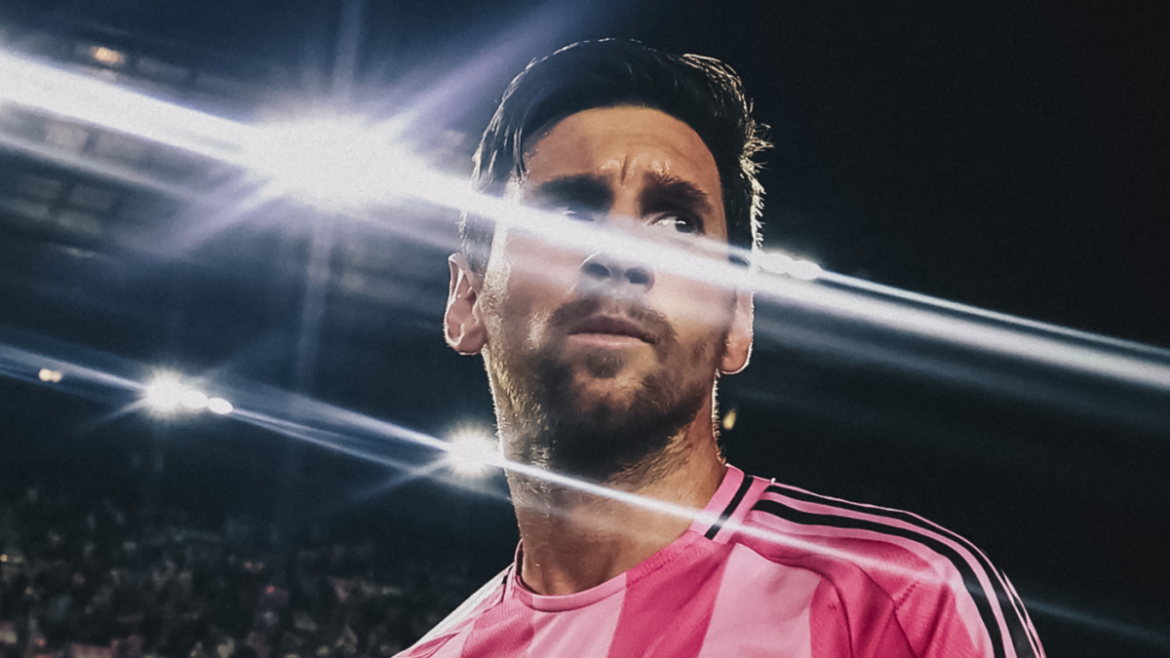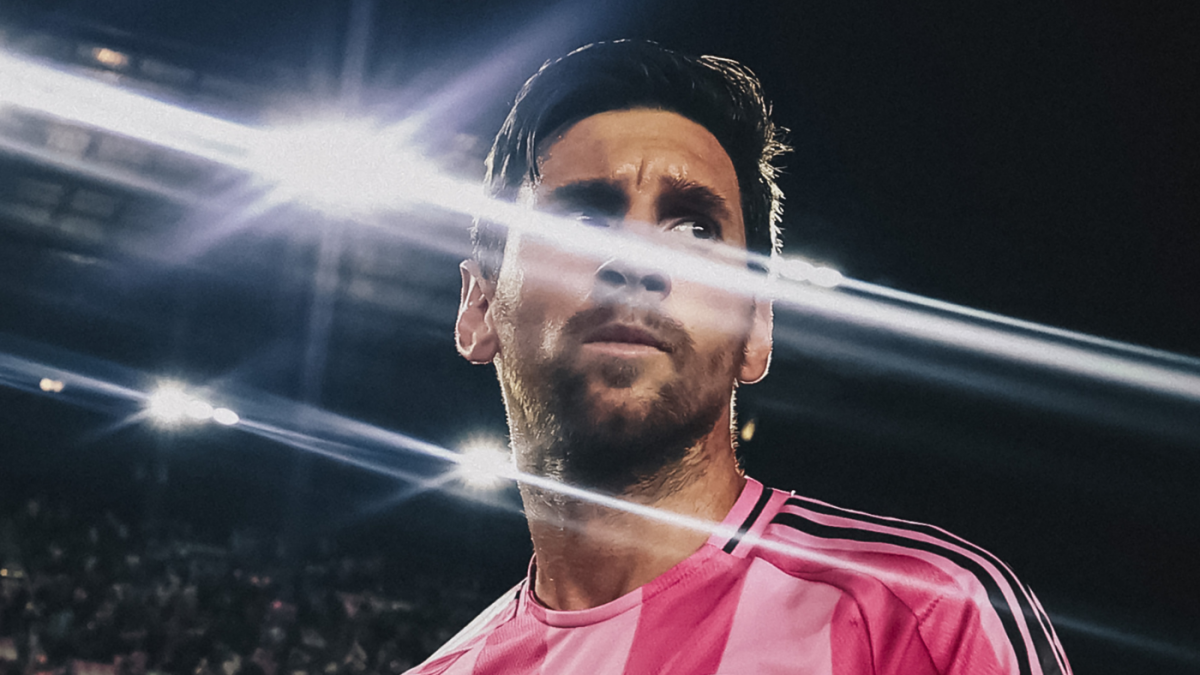The 2025 FIFA Club World Cup: A New Era Unfolds
This summer marks a significant transformation in global club football as the FIFA Club World Cup debuts its completely revamped format. Expanded to include 32 teams from all continents, the tournament promises a showcase of elite club football on an unprecedented scale. Its launch on June 14, 2025, will take place at the Hard Rock Stadium in Miami, and the event is already stirring both excitement and debate across the football world.
—
Expansion and Format Shift: What’s Different This Time?
The 2025 edition is radically different from its predecessors. Instead of a handful of continental champions, the tournament now features 32 teams, reflecting an ambition to elevate the tournament’s stature to rival major international football events. Clubs from every continent are represented, including historic powerhouses such as Real Madrid, Boca Juniors, and emerging giants like Saudi Arabia’s Al-Hilal.
This comprehensive expansion aims to pit “The Best v The Best,” according to FIFA’s vision, fostering high-level competition and global football unity. It features a group stage followed by knockout rounds, offering ample opportunities for clubs beyond Europe to challenge established giants.
—
Inter Miami’s Inclusion: Merit or Messi?
One of the most discussed topics surrounding the 2025 Club World Cup is the participation of Inter Miami, a Major League Soccer (MLS) club. Although the tournament is marketed as “merit-based,” Inter Miami’s invitation owes much to the presence of Lionel Messi, who joined the club recently. Their inclusion has sparked conversations on whether their entry is justified purely by sporting merit or influenced by Messi’s star power and the commercial prospects that accompany it.
Inter Miami is one of three MLS teams in the competition, benefiting from the United States hosting the event. This positioning has brought significant attention to MLS on a global stage, blending sport and spectacle uniquely.
—
The Messi Effect: Driving Viewership and Interest
Lionel Messi’s transfer to Inter Miami has injected fresh enthusiasm into the competition. He headlines the opening match against African giants Al Ahly, in what many expect to be a thrilling duel. However, despite Messi’s involvement, initial ticket sales and stadium attendance have been underwhelming in some matches, highlighting a tension between star appeal and grassroots fan engagement.
FIFA leverages Messi’s presence to attract media deals and global viewership, hoping this will cement the tournament’s relevance and popularity. Messi’s influence also extends beyond immediate viewership; his involvement aims to elevate US soccer’s international profile and inspire growth domestically.
—
Challenges and Criticisms Faced
The tournament’s launch has faced headwinds. The enthusiasm has been tempered by complaints about the half-empty stadiums in some early matches and skepticism around the “merit-based” label considering offers extended to certain clubs. Some critics also question the tournament’s timing, overlapping with intense domestic schedules, which impacts club and fan commitment.
Inter Miami’s performance adds to the intrigue—they start with a bruised ego after a tough start in the 2025 MLS season, with Messi carrying expectations amid a scrappy group including Brazilian powerhouse Palmeiras and Portuguese giants Porto, as well as Al Ahly.
—
Group Stage Spotlight: Inter Miami’s Crucial Matches
Group A places Inter Miami alongside Al Ahly, Palmeiras, and Porto — all formidable opponents with strong continental pedigrees. Matches against these clubs will test Inter Miami’s resilience and the team’s ability to compete at this elevated international level. Soccer analysts predict a challenging path for the American side, with many seeing them as outsiders for the title despite Messi’s magic.
—
Economic and Cultural Impacts on American Soccer
Hosting the tournament in the U.S., with Lionel Messi’s involvement, coincides with MLS’s broader mission to boost soccer’s profile nationally. Ticket pricing strategies include accessible options such as partnerships with local institutions like Miami Dade College to increase attendance and grassroots engagement.
Messi’s presence and the tournament’s global exposure could accelerate American soccer’s development, influence youth participation, and attract more international talent and investment into MLS. The event is a testing ground for how soccer culture might further embed itself in the diverse US sports market.
—
Conclusion: A Tournament Poised Between Tradition and Innovation
The 2025 FIFA Club World Cup represents an ambitious reimagining of club football’s global contest. It melds tradition—the gathering of continental champions—with innovation through expanded scale and increased commercial clout, propelled largely by Lionel Messi’s magnetic presence.
While debates about meritocracy and attendance linger, the tournament sets a new stage for world football, promising moments of magic, surprise, and drama. It offers a unique intersection where old powers meet new challengers and where soccer’s future in the US is put firmly in the spotlight.
This Club World Cup is more than a tournament; it’s a paradigm shift that will shape football’s global narrative for years to come. Whether football purists or new fans, all are watching closely as the beautiful game evolves under this ambitious new world order.





